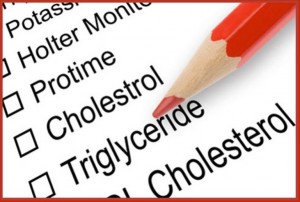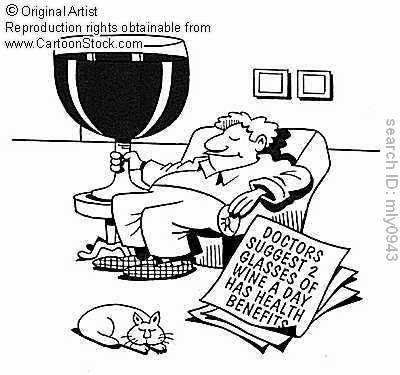Alcohol’s effect on Cholesterol Levels
Drinking alcohol is common in the United States. Almost half the population drinks regularly. Drinking moderately can actually be good for your health, especially for your cholesterol. In some respects, moderate drinkers are actually healthier than people who don’t drink and people who drink excessively.
Alcohol’s effect on Cholesterol Levels: Types of Cholesterol
Alcohol’s effect on cholesterol levels is beneficial if alcohol is consumed in moderation. There are two types of cholesterol-HDL and LDL. HDL cholesterol is known as the “good” cholesterol. HDL cholesterol helps the body get rid of bad cholesterol in the blood. The higher the level of HDL cholesterol, the better. If levels of HDL are low, the risk of heart disease increases. HDL travels to the liver, which processes the cholesterol and rids it from the body. LDL, on the other hand, tends to build up in deposits around the body. It causes a buildup of plaque on the walls of arteries. When there is a buildup of plaque, the blood cannot flow as freely, and the risk of heart disease increases.
Alcohol’s effect on Cholesterol Levels: HDL Cholesterol
Alcohol’s effect on cholesterol levels is that it actually raises the level of HDL cholesterol in the blood. So it promotes the removal of excess cholesterol in the body. Consuming two drinks a day can reduce the risk of heart disease by 16.8 percent.
Alcohol’s effect on Cholesterol Levels: Triglycerides
It is important to note that although alcohol’s effect on cholesterol levels can be beneficial, cholesterol is not the only factor in determining overall heart health. Another factor is triglycerides. Alcohol is the major source of excess calories which get turned into fat, so the triglyceride level in the blood increases. Alcohol also slows down fat metabolism. When alcohol is present in the blood, the liver prioritizes removing alcohol in the blood over other metabolic processes, including sugar. While the liver is breaking down the alcohol, glucose gets further processed into triglycerides instead of being broken down and removed from the body. The same two glasses of alcohol that will reduce HDL cholesterol will raise triglycerides and the risk of stroke and heart disease by 4.6 percent.
Alcohol’s effect on Cholesterol Levels: Moderation
To reap the benefits of alcohol’s effect on cholesterol levels, alcohol must be consumed in moderation. Anything beyond the standard definition of “moderation,” however, is considered detrimental to heart health, and alcoholic beverages are usually high in calories, which can lead to unwanted weight gain. Those extra pounds can increase your risk of diabetes and stroke. In addition, overconsumption has been connected to liver disease and even damaged heart muscle. Moderation is considered one to two drinks a day. A drink is 12 ounces of beer, one and a half ounces of 80 proof liquor, one ounce of 100 proof liquor, or four ounces of wine. You do not increase your heart health by increasing consumption. Binge drinking one night is not healthy and will not benefit the heart, even if



